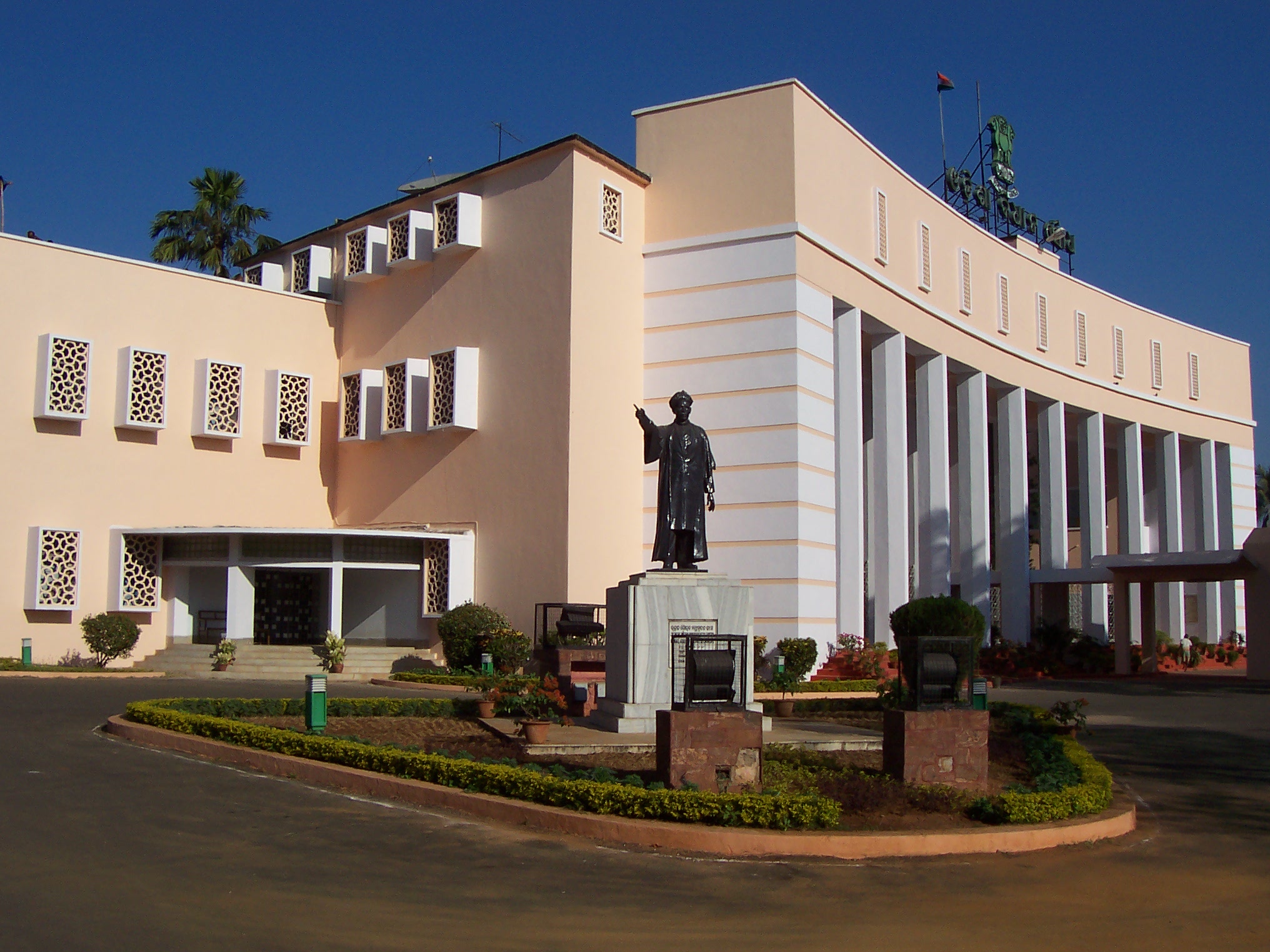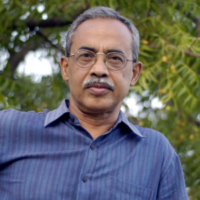The purpose of Odisha Dialogues, aka Odisha Alochana Chakra, is to generate ideas on social, political, economic and cultural themes that touch on the state and people of Odisha, and also, presumably, India and the world at large.
Odisha Dialogues has come up as a discussion forum starting May 2020. It came up at a time when the dreaded pandemic of Covid-19 had spread across the world and India had gone in for a complete lockdown beginning 24th March, 2020. Most economic activities had ground to a halt, and all rail, road and air transport had been shut down. The world as we had known it had become totally unrecognisable. Known for their natural proclivity towards gregarious behavior, human beings were now expected to maintain social distance to minimize the chances of the spread of the disease. This new setting naturally suggested that we undertake some serious stock taking and reflection.
This was a moment when technology provided some novel platforms, such as zoom, for mutual discussion and consultation. The purpose of Odisha Dialogues is to generate ideas on social, political, economic and cultural themes that touch on the state and people of Odisha, and also, presumably, India and the world at large. For long years Odisha has been among the most neglected and underprivileged states of the country. It is, however, also the case that Odisha has a rich cultural and historical past, going back nearly three thousand years. Its potential of course is enormous, and second to none. The purpose of Odisha Dialogues is to work towards an alternative vision for the state.
So far, most of the activities of Odisha Dialogues have centred on organizing webinars on themes that include Odisha’s economy post Covid, the challenges on the health and education front, and topics as diverse as ‘social stock exchange’, the issue of migrant labour, and judicial activism. Some of the themes have gone beyond the boundaries of Odisha to consider national and international concerns as well, and this, indeed, is as it should be. Going beyond virtual discussion sessions via webinars another major objective of Odisha Dialogues is to undertake informed research on contemporary social and economic issues and to bring the results of this research on to the public domain.
From its very inception there have been some voices questioning the very purpose of a body like Odisha Dialogues. This is certainly a natural and legitimate concern. In what manner may a discussion forum like Odisha Dialogues make any difference to the world as we know it? The sceptics’ voices need to be considered and debated very seriously.
Perhaps the best answer is that if a discussion forum enables a group to discuss, debate and understand a social or economic problem with clarity and empathy, then that is its own reward. A clearer understanding of a social issue in any case ought to be a desired objective of a concerned citizen. Yet, there have been some among us who have asked, ‘What is in it for me?’
There have also been some who have asked the question as to whether some political party is not behind the entire genesis of Odisha Dialogues. To this, one must answer in no uncertain terms that this has entirely been an effort at the level of concerned citizens – academics, professionals, people from civil society – who have all come forward in their personal capacity, with no ulterior agenda of any political party.
Even a cursory look at the history of the Oriya speaking peoples over the past century and half suggests that many savants and epochal figures have made extraordinary contributions to build what Odisha is today. There was a concerted move in the second half of the nineteenth century to remove Oriya as a medium of instruction from schools in Odisha. Mr Kantilal Bhattacharya, a teacher in Balasore Zilla School, wrote a book in 1870 with the title, ‘Oriya Ekta Swatantra Bhasha Noy’. Among the many notable figures who worked tirelessly to ensure the retention of Oriya was none other than Shri Fakirmohan Senapati, among the pioneering modern novelists of India. Fortunately, support for Oriya also came from the quarters of John Beames, Collector of Balasore and T E Ravenshaw, Commissioner of Odisha Division, and instruction in Oriya language was retained.
At the beginning of the twentieth century Oriya speaking areas were spread out in different administrative units that included the Bengal Presidency, Madras Presidency, Central Provinces, and Bihar. The legitimate rights of Oriyas were typically ignored and scarcely paid attention to. The great savant Utkala Gauraba Madhusudan Das founded the Utkala Sammilani in 1903 to address the issue of the unification of Odisha. Madhu Babu was a proud son of the soil and knew that strength derived from unity.
The other epochal figure of course was Utkalamani Gopabandhu Das. His relatively brief life was a saga of sacrifice. He sought to link the stream of Oriya provincialism with the mighty current of Indian nationalism under the leadership of Mahatma Gandhi. The great tragedy was that neither Madhusudan nor Gopabandhu lived to see the formation of the state of Odisha on 1st April 1936. This was the first state carved out on the basis of the linguistic principle in India, an idea which was to be used after Independence for the formation of many of the other states.
Eighty five years after the formation of the state of Odisha, the state continues to lag behind most other states of the Indian Union in terms of the general living conditions, availability of quality education and health, and jobs for the vast masses of the adult population. There are several pockets of deep poverty in remote areas and tribal belts. The prevailing conditions are crying out for active and urgent social and political intervention to bring about change. There is no scope for being complacent. The life work and dedication of the epochal figures mentioned above have to be taken further to reach the most deprived segments of our population. If there is any scope for constructive action on the part of a body like Odisha Dialogues to help the state reach greater heights, I feel such a body needs the unstinted support of as many of us as is possible.



